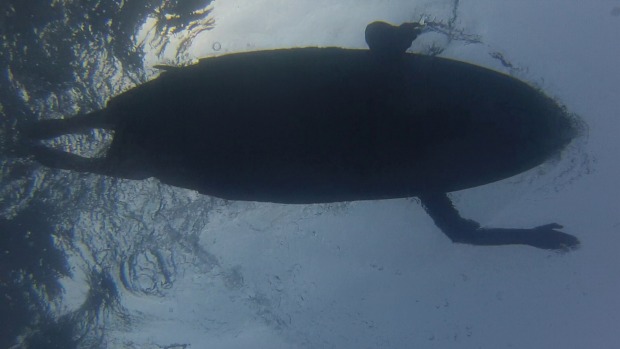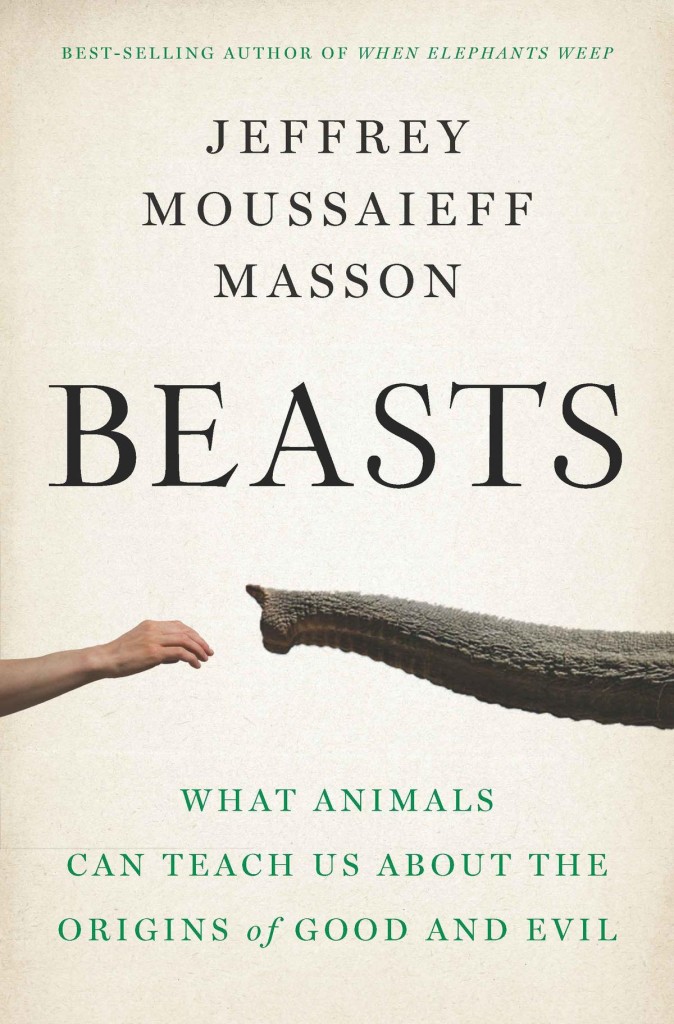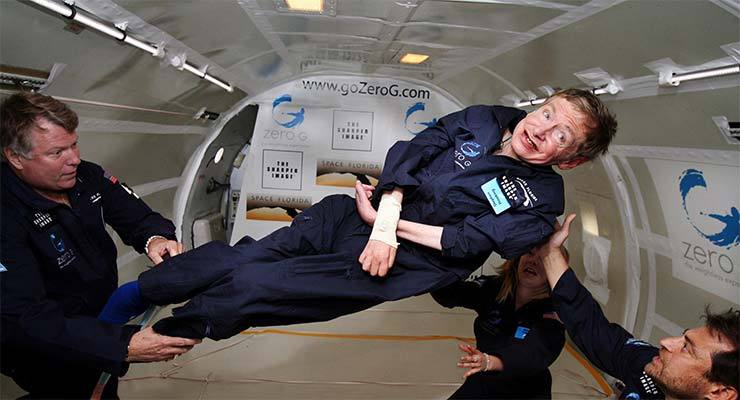A reader, Jenny McCracken, commented on my post on bullfighting, referring to Beasts by Jeffery Moussaieff Masson. I thought I’d better read it, quick smart. I recommend it to you, too.
Subtitled What Animals can Teach us about the Origins of Good and Evil, Beasts explores what humans have in common with animals, myths about the relationship between humans and animals and starts to suggest what might be a way forward.
The passage about bullfighting that Jenny alludes to describes the way the beasts are prepared for the ‘fight’.
‘To create the show of a fight, the bull is wounded and disabled before entering the ring, and is given large amounts of salt to make sure he drinks to the point of being bloated and will move slowly. On the day of the “fight”, Vaseline is rubbed into his eyes so he cannot see clearly, and newspaper is stuffed into his ears so he cannot hear properly. Horns are shaved to make them less dangerous and to throw the bull off balance. The muscles in his neck are cut so that he cannot raise his head in a normal fashion, wich would allow him to see his adversary. His kidneys and testicles are beaten. He is given laxatives, tranquilizers and drugs to induce paralysis, and other drugs to disorientate him. He is kept in a tiny cell for at least twenty-four hours, dazed and confused, without food or water (except sulphates, which give him severe diarrhea).’ pg 71
As readers of the previous blog may note, the book that inspired that post, Death in the Sun by Edward Lewine, corrects our notion of the bullfight. Clearly the bull has no chance. It’s not a fight in Spanish eyes. In that book, Lewine denigrates horn shaving, as casting aspersions on the skills of the toredor, and I wonder if this sort of bull tampering is done in less salubrious places where the condition of the bull is not so closely examined as it was in the corridas of the famous bullfighter, Francisco Rivera Ordonez, featured in the book. There’s nothing in the Appendices or notes of Beasts to say from where this information was gathered so I’m assuming it’s not commonplace – I may be wrong.
Doesn’t matter, really, does it? The bull suffers. Lots of animals (billions … ?) suffer at the hands of humans. But that’s a taste of Beasts, provoking and sometimes untrackable. Luckily, there is plenty of thoughtful, attributed information to consider.
The preface kicks off with a quote from Stephen Hawking, ‘We only have to look at ourselves to see how intelligent life might develop into something we wouldn’t want to meet.’
Masson returns again and again to the self-destructive violent behaviour of humans. Why are humans so keen to find ‘the other’ in our own species and kill it? He points out that although there might be evidence of other species (chimpanzees, elephants, wolves… ) attacking one another, those examples are generally proven to be in the context of human-induced stresses (capture, torture, loss of habitat, interference in food resources, pollution etc etc) Even Jane Goodall admits that fighting and battles she witnessed amongst chimps may have started when her staff set up a banana feeding station. (pg 60)
So why did humans start their own violence against each other? Perhaps because they interfered with their own lives when they stopped being nomadic and started agriculture? In the notes (pg 188) Jeffery Moussaieff Masson says,
‘My friend Sherry Colb reminds me that Plato predicted this in The Republic, where Socrates responds to Glaucon’s insistence that the ruling class must eat animals. Then, said Socrates, there would have to be armies, to guard the large amount of land needed for livestock, and the lawyers for disputes surrounding land boundaries, and the doctors to handle the sickness that comes from eating that way!’
Good old Plato! And so it seems that what we gained when we stopped being hunter-gatherers was violence, disease and suffering. Not only for humans, but also all the other species. GREAT!!
Jeffery’s Appendices are informative. Human traits unique to us include: animal sacrifices, blood feuds, unbridled greed, mass murder, suicide and threatening the survival of all life on earth. (pg 163) Traits humans have in common with animals (pg 169) include: sexual infidelity, compassion, dignity, gentleness, protectiveness of young, yearning for freedom.
Many times throughout the book Masson states that predators do not choose to hate, hunt or hurt humans (unless as previously stated, stressed/maddened by us). But what do humans do to animals? (pg 174)
We raise them for food.
We experiment on them.
We use their fur and skin.
We take their eggs.
We take their children.
We use their milk.
We hunt them.
We lock them into cages.
Let’s add, we use them for entertainment. The chapter on ‘Hatred’ begins with this quote: ‘I couldn’t possibly write Jaws today. The notion of demonizing a fish strikes me as insane.’ Peter Benchley.
Sharks don’t hate people, they don’t even particularly like people, especially if wrapped in neoprene. Scientists surmise sharks mistake people for seals.

http://www.smh.com.au/technology/sci-tech/do-sharks-really-mistake-humans-for-seals-researchers-test-mistaken-identity-theory-20150405-1meqwf.html
But in their turn, how many sharks are killed by people?
How many other animals? Cows? Pigs? Sheep? Is any of this killing necessary? Jeffery says,
‘My position is that we no longer need to kill animals at all, whether for food or for any other reason. Today we can recognise that whether we kill with reverence or with indifference, the result to the animal is the same. In the past we would justify this killing as necessary for our survival. No longer.’ pg 101
So in conclusion, I think Jeffery Moussaieff Masson in Beasts is telling us that animals are not moral creatures. They do what has to be done, mostly avoiding human contact when they can, not seeing good or bad in killing for food or protecting territory. Humans, it seems, have come up with evil all by ourselves.



